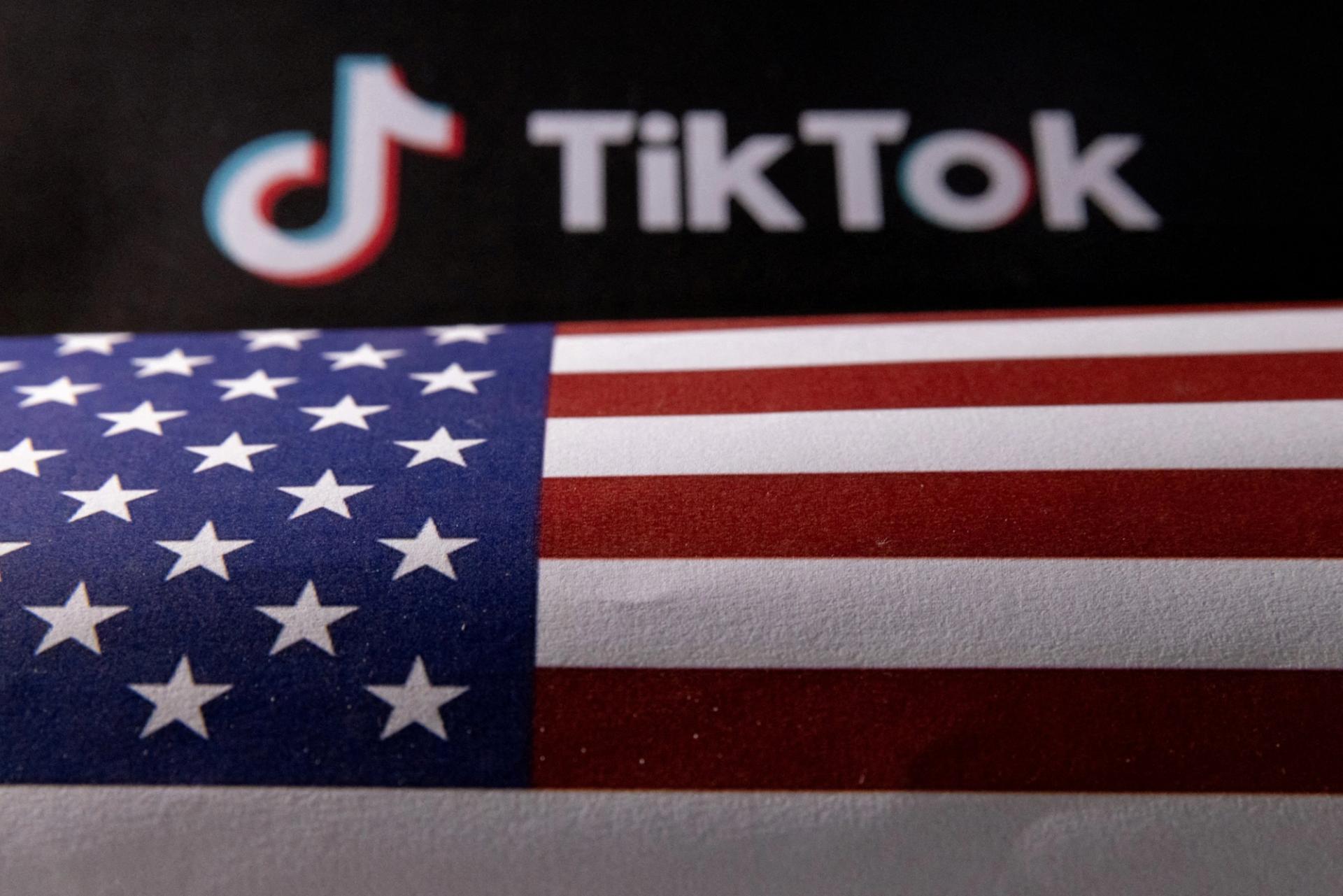The News
The U.S. House of Representatives on Wednesday passed a bill that would see TikTok banned in the U.S. unless its Chinese-owned parent company sells it.
The House voted 352 to 65 to pass the bill. It will now head to the Senate, where its fate remains unclear as several lawmakers have expressed hesitation over the legislation, amid a major lobbying push from TikTok on Capitol Hill.
The Senate Intel Chair Mark Warner (D-Va.) and Vice Chair Marco Rubio (R-Fla.) said they would work together to get the the bill passed through the Senate, adding: “We are united in our concern about the national security threat posed by TikTok... whose parent company ByteDance remains legally required to do the bidding of the Chinese Communist Party.”
Wisconsin Rep. Mike Gallagher, the chairman of the House select committee on China and the lead GOP sponsor of the bill, said it was not an outright ban of the app, but TikTok responded to the House vote saying on X, “This process was secret and the bill was jammed through for one reason: it’s a ban.” The company urged senators to “consider the facts” of how the bill would impact both constituents and the economy.
Lawmakers have for years warned that ByteDance retains a close relationship with the Chinese Communist Party and could risk national security if Beijing has access to U.S. users’ data.
ByteDance’s failure to sell within six months after the bill’s signing would block TikTok from U.S. app stores or web hosting services.
The bipartisan measure was unanimously approved last week by the House Energy and Commerce committee.
President Joe Biden has said he would sign the bill if passed by Congress.
China’s Foreign Ministry on Wednesday said U.S. claims of a national security threat were unsubstantiated, and a spokesperson added a ban would ultimately “come back to bite the United States.”
The Chinese Ministry of Commerce — the federal agency that oversees corporate affairs — has not yet said whether it would approve a sale.
SIGNALS
US tech giant Oracle at risk of losing lucrative TikTok contract
Austin-based database company Oracle scored big time in 2020 after becoming TikTok’s exclusive “trusted technology partner,” in a deal reportedly worth $1 billion that gave Oracle the rights to store TikTok’s U.S. data on its servers. But if the TikTok bill is signed into law, Oracle could lose that contract — “one of the biggest prizes in the cloud computing industry,” Semafor wrote. The relationship between Oracle and ByteDance has been shaky, however, with one source telling Forbes that Oracle’s approach to ByteDance is more like a “counterintelligence operation” than a typical customer relationship. TikTok lobbyists have complained that Oracle — which had 24 lobbying firms on its payroll last year — hasn’t been more proactive in campaigning against the legislation and “has been almost entirely absent from the heated behind-the-scenes tussle over the bill,” Semafor’s Kadia Goba and Joseph Zeballos-Roig reported.
Laws governing foreign ownership of new media lag behind old media regulations
Several countries, including the U.S., have robust laws restricting foreign ownership of broadcast media. Media mogul Rupert Murdoch, for example, was required to obtain U.S. citizenship before taking over Fox News. “It is time for governments to apply the same logic to new media as they do to old,” The Economist wrote before Wednesday’s vote, arguing that new platforms require “greater vigilance” because of their “opaque” output. While it is easier to discern the editorial stance of newspapers or TV stations, TikTok users get different feeds, and the company does not make its algorithm public, The Economist wrote, making it impossible to know if it “is responding to the preferences of users, or to someone in Beijing putting their thumb on the scale.”
Forcing apps to divest from Chinese owners is not new
U.S. regulators have forced a handful of apps in recent years to divest from their Chinese owners, including PatientsLikeMe, a healthcare management app, and Grindr, an LGBTQ dating app. A secretive interagency federal panel — the Committee on Foreign Investment in the U.S — said in 2019 that Beijing could potentially blackmail individuals who had federal security clearances if they had downloaded the apps on their phone, TechCrunch reported. The agency in recent years has been empowered to examine transactions that fall short of majority control of a company, a move largely meant to counter Chinese investment in Silicon Valley, the New York Times reported in 2019. But these measures may have come too late: previous China-linked security breaches at the Office of Personnel Management, Anthem insurance, and Marriott hotels accessed “far more personal data than the Chinese could probably find on any individual social media site,” the Times reported at the time.


